The Coming Conflict Between Introverts and Extroverts
When the social floodgates open, not everyone will want to use their newfound freedom in the same way.

Send us a link
When the social floodgates open, not everyone will want to use their newfound freedom in the same way.

This is the midweek edition of Culture Study - the newsletter from Anne Helen Petersen. If you like it and want more like it in your inbox, consider subscribing. Subscribers: If you haven't activated your invitation to Sidechannel, email me for a new one! Along with
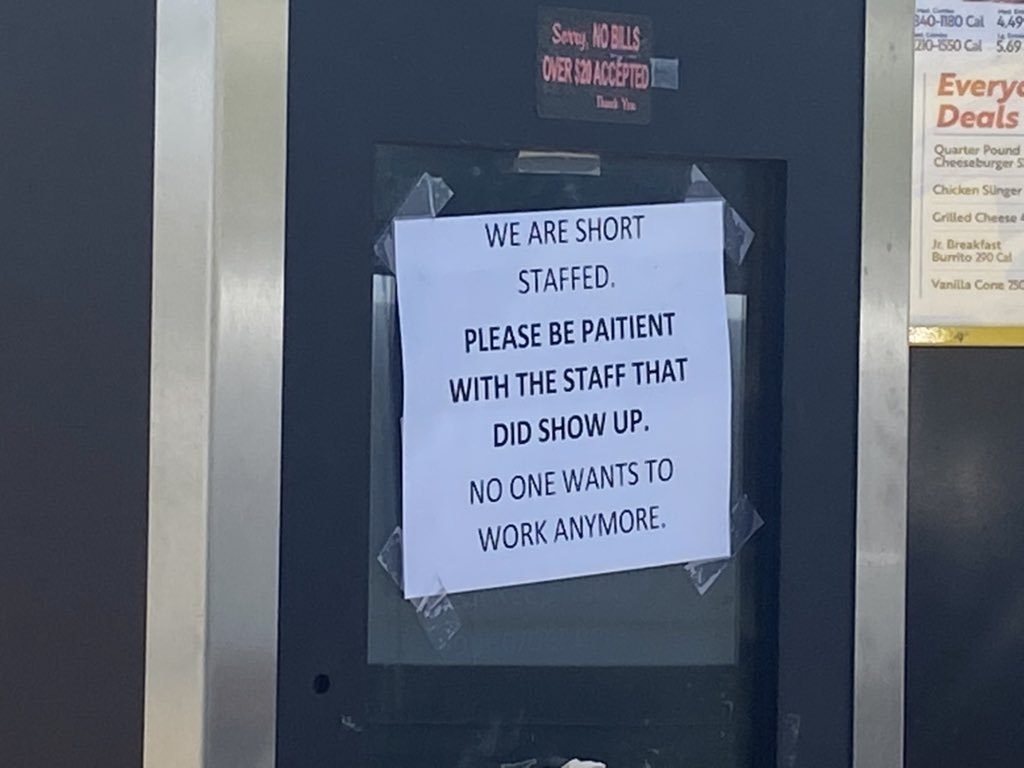
A Guardian investigation exposes the breadth of state-backed manipulation of the platform.
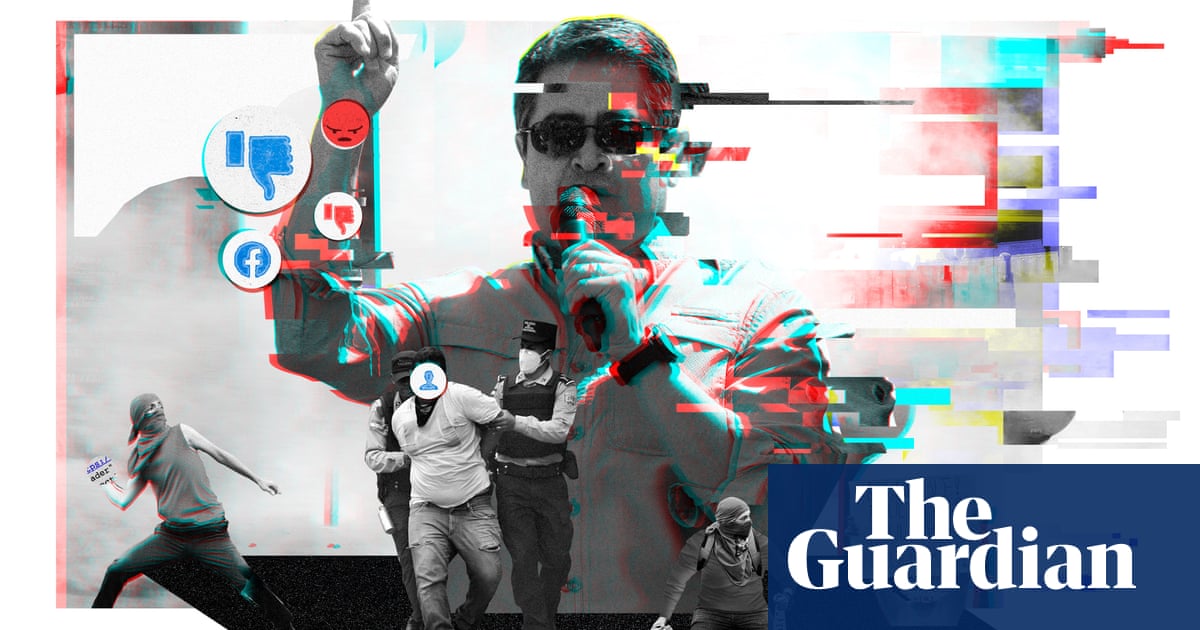
The hybrid model increasingly favoured by managers will change our cities for good.

A new study of the city's program that sent cash to struggling individuals finds dramatic changes.
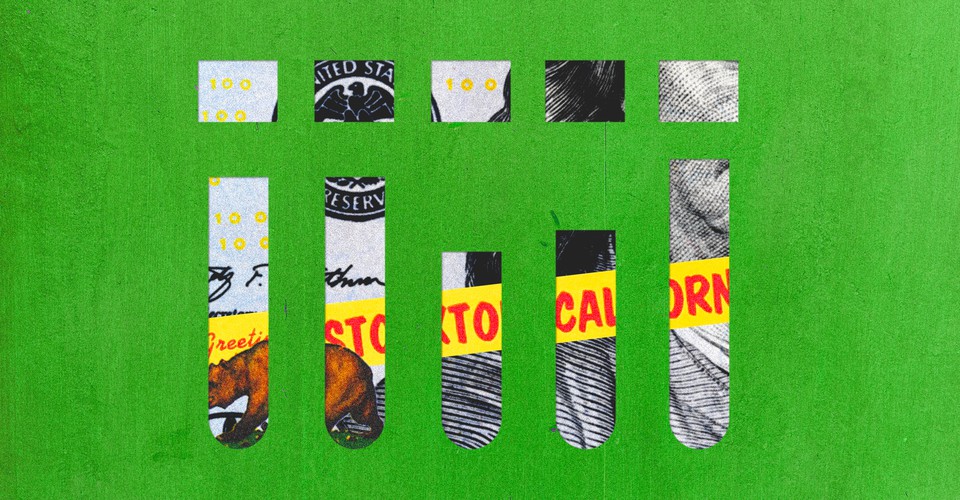
On March 4, 1969, the Union of Concerned Scientists held its first public event at MIT with the goal of disrupting teaching and research to give way to a different kind of teaching-reflecting on the misuse of scientific knowledge. It's relevance is continued.
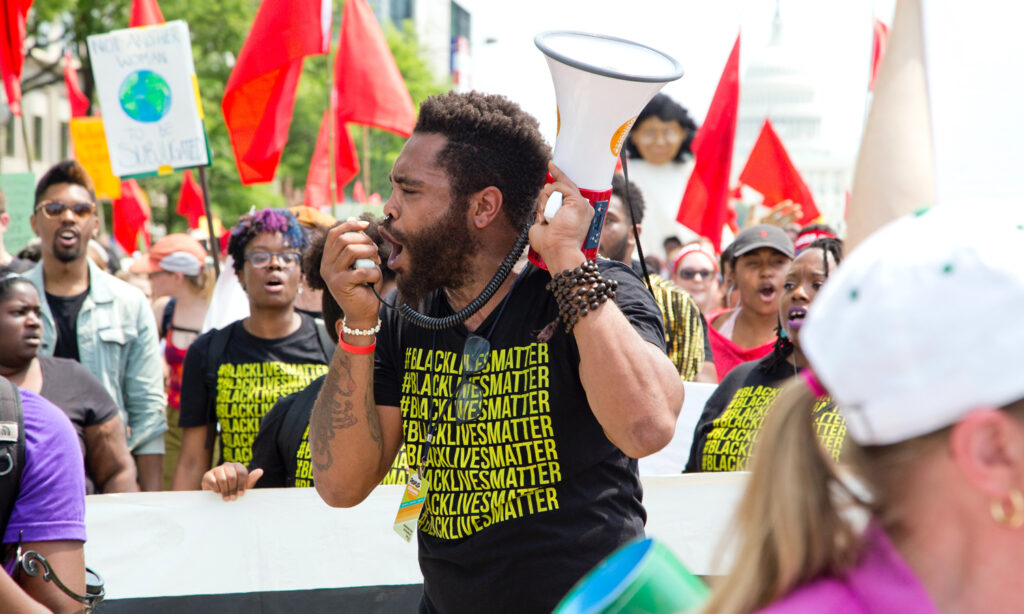
Double-masking is a sensible and easy way to lower your risk when you have to spend more time around others - in a taxi, on a train or plane, or at an inauguration.
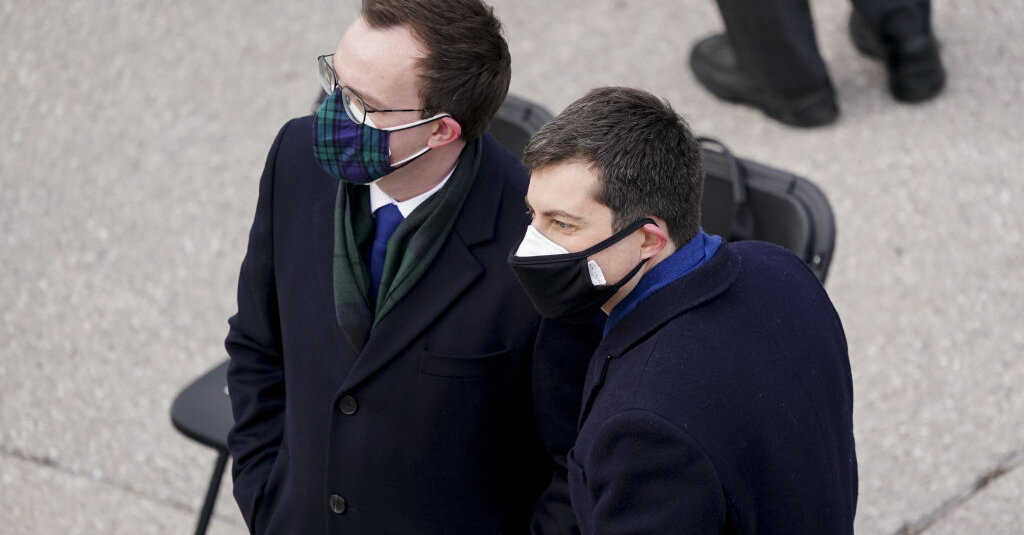
It's time to apply research on in-person public deliberation to the virtual world.
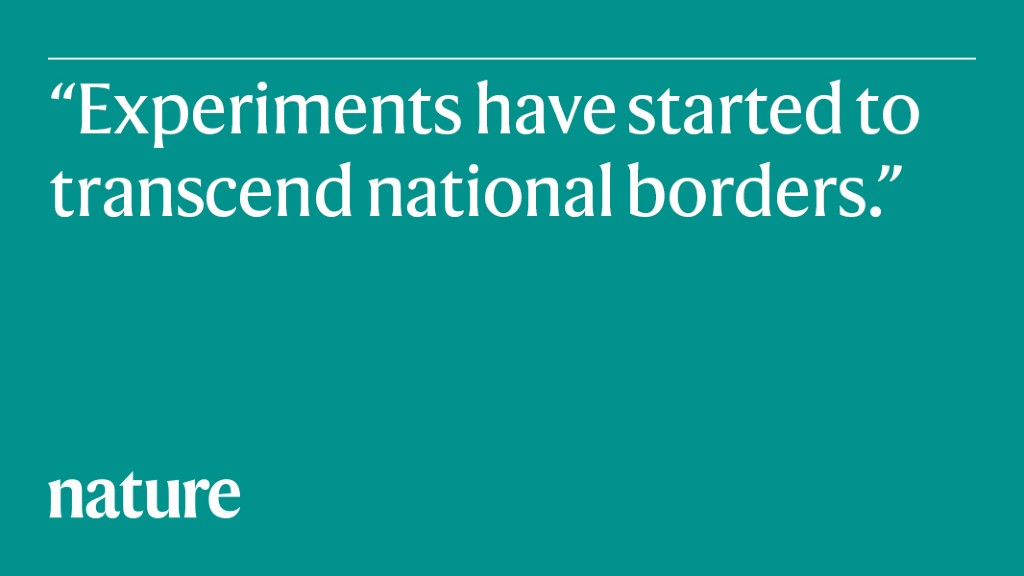
How the World Academy of Science, Engineering and Technology became a multimillion dollar organization promoting bullshit science through fake conferences and journals.

The potential of preprints to drive scientific understanding and innovation, and even support good journalism.
We need to start talking about what kind of planet we want to live on.

Got an idea that could transform the world? NSF is launching a new contest offers prizes for "biggest" research ideas. On 31 August NSF will begin accepting online entries for the contest. Anyone can submit an idea - from individual scientists to professional societies to a high school science class.

In the US, where political parties have increasingly staked claims on one side of the issue or the other, beliefs may be more about belonging than facts.
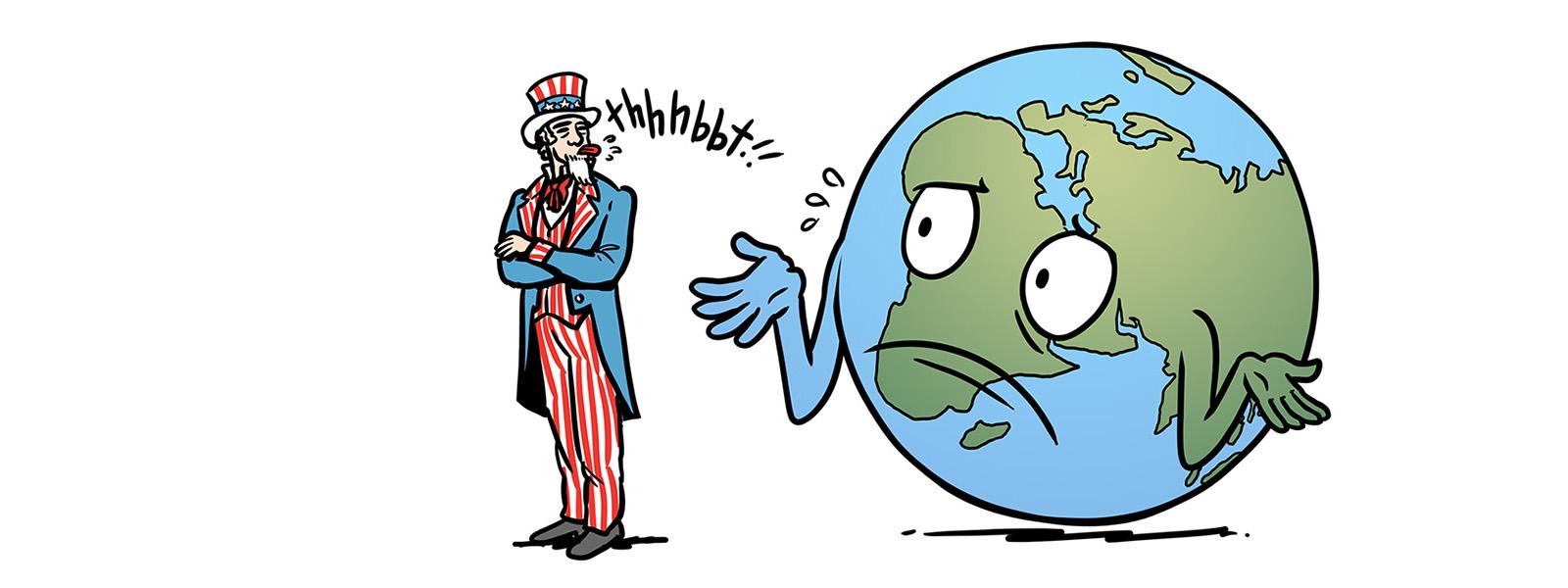
Asking whether Twitter allows scientists to promote their findings primarily to other scientists ("inreach"), or whether it can help them reach broader, non-scientific audiences ("outreach"). Results should encourage scientists to invest in building a social media presence for scientific outreach.
Polling shows that the number of people who believe science has "made life more difficult" increased by 50 percent from 2009 to 2015.

Wrong question; instead of scapegoating individual researchers, we should blame the centers of power, including corporations and political leaders.

A discussion of how trust in expertise is placed or refused, highlighting the affective dimension of epistemic trust, and discussing the danger of a 'context collapse' in digital communication.
A graduate student is analyzing how Stormfront and other racist websites misunderstand, and misuse, new scientific papers.

Reproducibility issues pose serious challenges for scientific communities. But what happens when those issues get picked up by political activists? A report from the National Association of Scholars takes on the reproducibility crisis in science. Not everyone views the group’s motives as pure.
